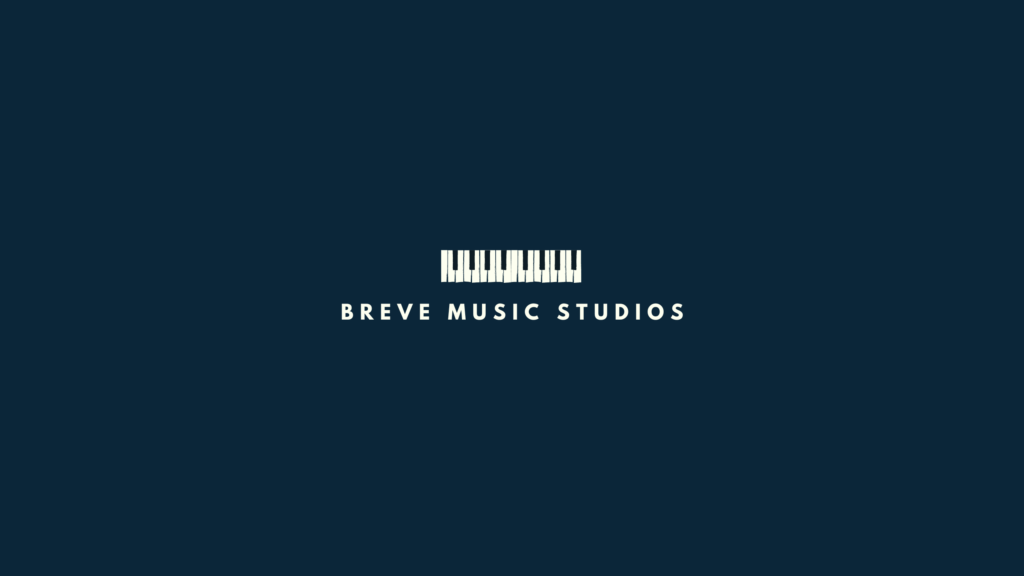Table of Contents
Introduction
When exploring Western classical music history, it’s impossible to ignore the stark contrast between the Baroque and Classical periods. Each era brought unique styles, innovation, and influential composers to the forefront.
In this comparison, we’ll discuss the defining characteristics of Baroque and Classical music, prominent composers from each period, and the fundamental differences between these two influential musical epochs. Let’s unravel the intricate melodies and harmonies that distinguish Baroque from Classical music and appreciate the evolution of Western classical music. Before you continue reading, consider checking out this awesome music business book by Ari Herstand.
What is the Difference Between Baroque vs Classical Music?
Defining Baroque Music
Baroque music refers to the style of Western art music composed from approximately 1600 to 1750. This period witnessed a strong emphasis on ornamentation, intricate melodies, and the development of polyphonic textures. Composers of this era, such as Johann Sebastian Bach and George Frideric Handel, crafted music that epitomized the grandeur and emotional intensity of the Baroque style.
Defining Classical Music
The Classical period followed the Baroque era, roughly spanning from 1750 to 1820. This period marked a shift towards simplicity, clarity, and balance in musical compositions. Classical music sought to highlight structured forms, melodic elegance, and the flourishing of instrumental music. Renowned composers of this epoch, including Wolfgang Amadeus Mozart and Joseph Haydn, became synonymous with the Classical style and its refined musical expression.
Main Differences Between Baroque and Classical Music
Baroque music emphasized ornate polyphony and robust basso continuo accompaniment, while the Classical period favored structured melodies, harmonic clarity, and a distinguished form of tonal harmony. This distinction encapsulates the essence of the two periods, delineating the evolution of musical style and composition across time.

Understanding the Baroque Era
Characteristics of Baroque Music
The Baroque era’s musical landscape was characterized by the intricate ornamentation of melodic lines, the exploration of polyphonic textures, and the flourishing of instrumental and vocal music. This period saw the prominence of harpsichord, an essential keyboard instrument, and the development of the concerto and sonata forms.
Prominent Baroque Composers
Iconic figures like Johann Sebastian Bach, George Frideric Handel, and Antonio Vivaldi significantly shaped the Baroque period with their signature musical styles, prolific compositions, and enduring legacy in Western classical music.
Key Musical Forms in the Baroque Era
The Baroque period witnessed the flourishing of diverse musical forms, including the concerto, sonata, and the advent of the opera, all of which left an indelible mark on the musical expression of the time.
Exploring the Classical Era
Characteristics of Classical Music
Classical music embraced clarity, simplicity, and a deliberate sense of balance in its compositions. Melodic elegance, structured forms such as the symphony and string quartet, and the refinement of classical orchestra instrumentation defined the musical landscape of this era.
Key Classical Composers
Legendary composers like Wolfgang Amadeus Mozart and Joseph Haydn epitomized the Classical style, contributing to a rich repertoire of symphonies, chamber music, and piano compositions that reflect the grace and sophistication of this period.
Evolution of Musical Forms in the Classical Period
The Classical period witnessed a notable evolution in musical forms, as composers began exploring and expanding the symphonic structure, string quartet ensemble, and the flourishing of chamber music, all of which enhanced the expression and depth of musical compositions.
Comparing Musical Styles and Composers
Baroque Composers and Their Signature Musical Style
Baroque composers, with maestros like Bach, Handel, and Vivaldi, exemplified the intricate complexity of polyphonic textures, the prominent use of basso continuo, and the flourishing of opera and instrumental music, all of which defined the hallmark of the Baroque style.
Classical Composers and Their Contributions to Music
Classical composers, led by Mozart and Haydn, brought forth an era of melodic elegance, structured forms, and the refinement of orchestral and chamber music. Their compositions reflected a deliberate balance, harmonic clarity, and a refined sense of musical expression.
Influence of Baroque Music on the Development of Classical Music
The impact of Baroque music on the evolution of Classical music is undeniable, as the rich polyphonic textures, intricate ornamentation, and the foundational musical forms borne in the Baroque era served as a crucial precursor that influenced the development of Classical compositions and musical expression.
The Role of Melody, Harmony, and Orchestration
Emphasis on Melody in Baroque Music
Baroque music emphasized the intricate ornamentation of melodic lines, flourishing in the exploration of polyphonic textures and the embellishment of musical phrases, which defined the melodic essence of this period.
Harmonic Structure in Classical Music
Classical music emphasized harmonic clarity, structured melodic forms, and a refined sense of tonal harmony, embodying a deliberate balance and clarity in its harmonic structure.
Orchestration and Symphony in Baroque and Classical Music
The Baroque era witnessed the intricate orchestration and flourishing of instrumental music, while the Classical period refined the classical orchestra and expanded the symphonic structure to elevate the expression and depth of musical compositions.
Additional Reading
Dmitri Shostakovich’s Impressive Music
Best Chamber Composers You Might Not Know
Breve Music Studios publishes music to Spotify, YouTube Music, Amazon Music and more. Follow our pages on Facebook, Instagram, Twitter, TikTok, and YouTube.
Listen to our ensembles: Breve Orchestra, Breve Music Ensemble, Breve Low Brass Ensemble, Breve Woodwind Ensemble, and Jermaine Harris on Spotify.
